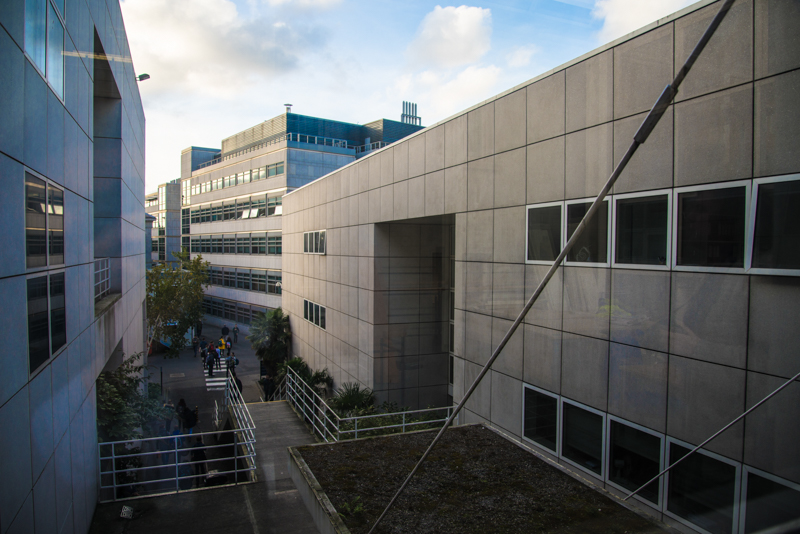A new report by The Irish Longitudinal Study on Ageing (TILDA) has found that gaining a full medical or GP card causes a 43 per cent increase in visits to a doctor per year, for people over 50.
The study found that when older people gain a full medical or GP card, the number of visits to the GP increases per year by 1.3. For older people who lose their medical or GP card, the number of visits fell by 29 per cent, or 1.2 visits per year.
The new study also found that receiving a medical card was not related in any way to the probability of someone receiving the flu vaccine, the number of visits to an emergency department or the number of outpatient or inpatient visits. However, by receiving a medical card, older people did receive significantly more medication.
Released today, the new research from TILDA has also revealed that that 12.6 per cent of people over 50 in Ireland who did not possess a full medical card or GP visit card in 2010, had gained one by 2012. This compares to 3.5 per cent who in 2010 had a medical card or GP visit card, but had lost it by 2012.
The data comes from two studies carried out by TILDA in 2010 and 2012, and provides a picture of the impact that a change to an older person’s entitlement to a medical card can have on their use of various health services, such as a GP visits, medication, flu vaccines and hospital care.
In a press release, Dr Anne Nolan, one of the authors of the report, emphasised the importance of the new research as Ireland moves to a system of universal healthcare: “In the context of extensions in free GP care, it is crucial to understand current patterns of healthcare utilisation, not only for highlighting the extent to which the current system leads to financial barriers to accessing healthcare services, but also for forecasting the likely demand implications of reform proposals.”
The research also found that in 2012, 39 per cent of people over 50 had a full medical or GP visit card and no private health insurance, compared to 18 per cent who possessed both. Thirty-three per cent had private health insurance only.
Significantly, 10 per cent of people over 50 did not have either a full medical or GP visit card or private health insurance.
The new research comes following the government’s announcement in May that it would aim to extend free GP care to everyone under the age of 18. Commenting on the new research’s findings, Nolan said: “One of the key questions is whether the increase in the use of GP services and medications that we observe upon receipt of a full medical/GP visit card reflects an increase in beneficial care and/or whether those who lose a full medical/GP visit card are foregoing necessary care.”
The answer to that, however, will require more “detailed research”, she said.
In September, TILDA celebrated ten years of research. Found in 2006, TILDA was designed to provide evidence that would provide a better understanding of ageing in Ireland and beyond. Every two years, data is collected from the study’s 8,500 participants about a number of areas, including older people’s health, as well as their economic and social circumstances. Every four years, these participants undergo an in-depth health assessment. TILDA possesses, for instance, a biobank of around 10,000 blood samples, as well as 3,500 hair samples.
The principal investigator at TILDA, Prof Rose Anne Kenny, in a press release, said that TILDA data helps provide “a unique opportunity to explore how changes in access to healthcare services impact on the use of healthcare in Ireland”.







